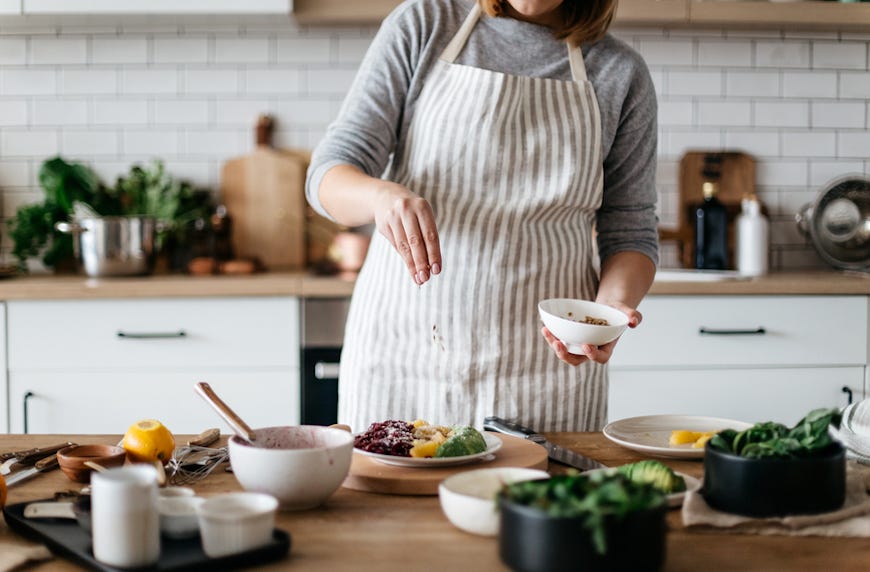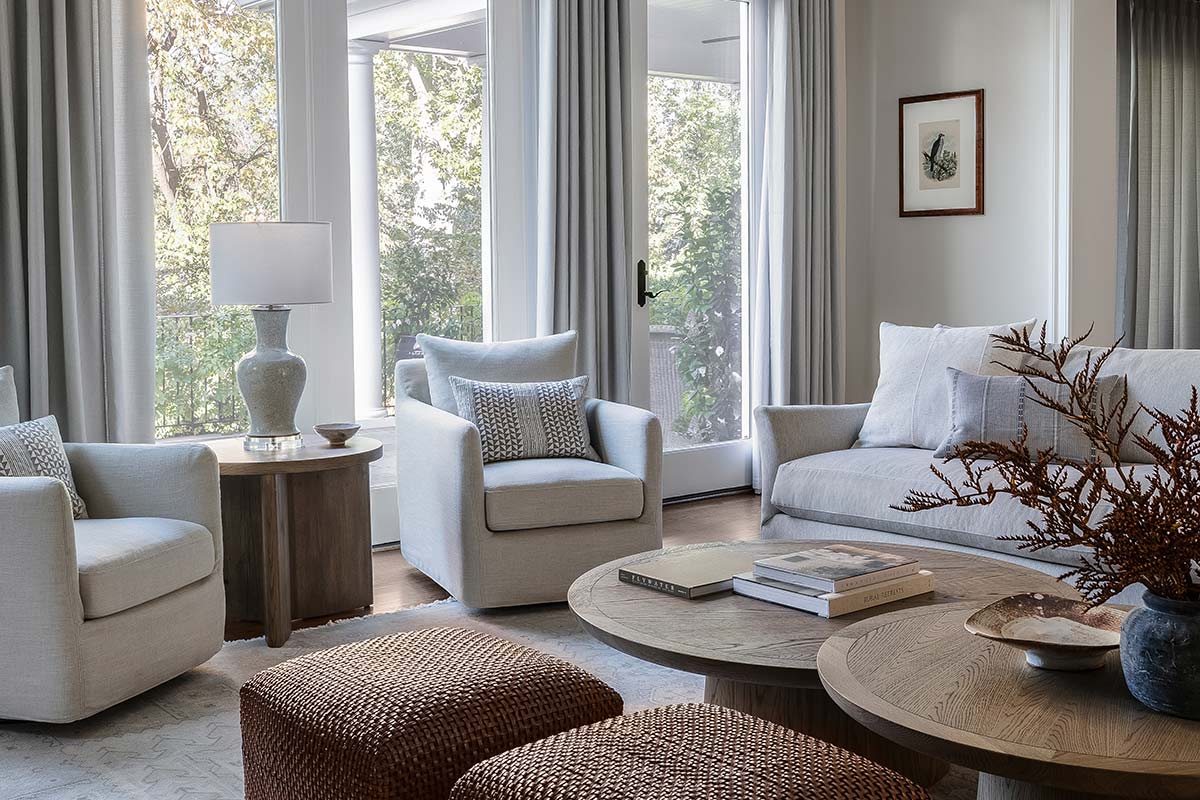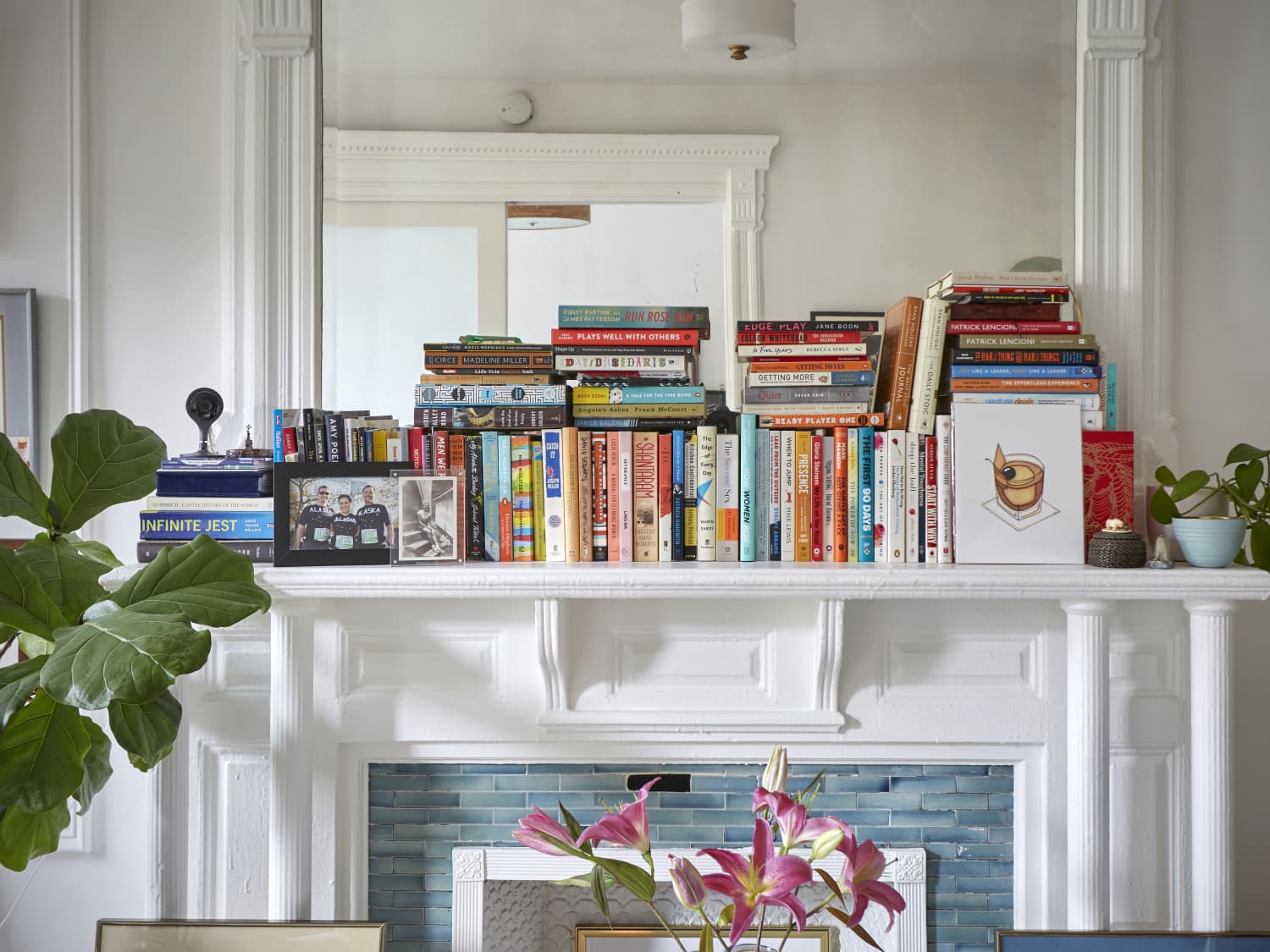For a long time, I treated cooking as something you only really do when there are other people involved. When I lived with roommates, we would take turns making big pots of pasta or stir-fry that could feed a crowd. When friends came over, I would obsess over menus, flipping between recipes as though I needed to prove something with the dishes I put on the table. Cooking was a performance, a way of saying: look, I care enough to feed you.
But when it was just me? I often reached for shortcuts. Toast and peanut butter, cereal straight from the box, reheated leftovers that barely resembled food. The act of cooking felt unnecessary if no one else was there to witness it. Somewhere along the way, I had absorbed the idea that cooking for one was lonely, even a little sad.
That belief held until one quiet Tuesday evening when I came home exhausted and, for reasons I still can’t fully explain, pulled out a pan instead of the cereal box. I cracked two eggs, sliced half an onion, sprinkled in some herbs I’d nearly forgotten in the back of the cupboard. The whole thing took maybe ten minutes, but when I sat down with my plate, I felt something I hadn’t expected: calm. The kitchen smelled like effort, even though it was small effort, and I suddenly realized I had been starving not just for food but for that sense of care.
Since then, cooking for myself has turned into one of those quiet rituals I look forward to. It’s not about elaborate recipes or chasing perfect technique. It’s about the rhythm of it — the way chopping vegetables can be hypnotic, the way heat slowly transforms raw ingredients into something comforting. There’s a grounding quality to it, almost like meditation, except instead of sitting still, my hands are busy and my senses are alert.
I’ve noticed that when I cook just for myself, I’m braver. I’ll experiment without worrying if someone else will like it. I’ve mixed flavors that made no sense on paper but turned out surprisingly delicious. I’ve burned things too, of course, but even then there’s no pressure. No disappointed looks across the table, no wasted ingredients for a crowd. Just me, laughing at my own mistakes, scraping the pan clean, and starting over.
There’s also a quiet intimacy in knowing what I feel like eating at any given moment and being able to follow that impulse. Some nights it’s a bowl of soup, simmered slowly until the whole apartment smells like home. Other nights it’s something simple, like roasted potatoes with too much salt because that’s what I’m craving. Cooking for one means listening closely to myself — not just to my hunger but to my moods, to what kind of comfort or energy I need at the end of the day.
One of my favorite discoveries has been how much the smallest touches matter. A squeeze of lemon, a sprinkle of cheese, a handful of fresh herbs — things I used to think were only worth the trouble if I was serving guests. Now I see them differently. They’re not about impressing anyone else; they’re about delighting myself, reminding me that I’m worth the little details.
It hasn’t all been perfect, of course. There are nights when I still reach for instant noodles or eat standing over the sink because I’m too tired to do anything else. But more often than not, I find myself lighting the stove, letting the sizzle of onions or garlic fill the silence of the room. The sound alone feels like company, like the house is breathing with me.
Cooking for one has also shifted how I experience solitude. Before, eating alone sometimes carried a faint ache, as if it highlighted the absence of others. But when I cook for myself, that solitude feels fuller, warmer. I realize I’m not really alone; I’m in conversation with the food, with the space around me, with the care I’m giving myself. It’s not about filling a void. It’s about recognizing that I deserve presence, even if the only person present is me.
I remember one night when I set the table for myself — an actual plate, a glass of water, a napkin folded beside me. It felt a little absurd at first, like playacting dinner for one. But halfway through the meal, I realized how different it felt to sit down properly, to honor the food I had made. That meal wasn’t fancy — just rice with sautéed vegetables — but I remember it more vividly than dozens of meals I’ve shared in crowded restaurants.
Over time, I’ve come to see cooking for one as an act of quiet rebellion. We live in a world that tells us to constantly seek more — more company, more spectacle, more efficiency. Cooking for myself pushes back against that. It says: this is enough. This moment, this plate, this small ritual of chopping and stirring and tasting — it matters.
Now, when I walk into the kitchen at the end of the day, I don’t see a chore waiting for me. I see an opportunity to slow down, to reset, to create something that is mine alone. It doesn’t matter if the meal is simple or elaborate, perfect or messy. What matters is that I took the time, that I chose to care for myself in the most tangible way I know.
Cooking for one has taught me that nourishment is more than food. It’s the attention I give myself, the way I remind my own body and mind that they deserve patience and care. And strangely, it has made me feel less alone, not more. Because every time I stand over the stove, listening to the quiet sizzle, I feel connected — to the moment, to myself, to the small but powerful truth that even in solitude, life can be rich and full.



